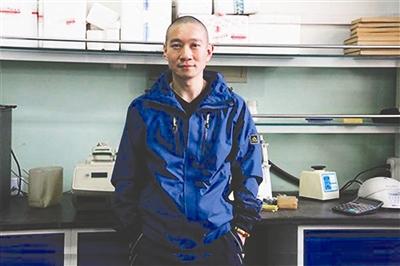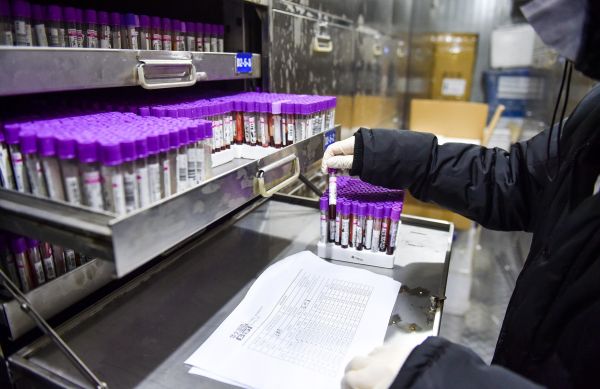Whether genetic editing is fraudulent: Han Chunyu said that there will be news in the near future
Han Chunyu, an associate professor in the Department of Life Sciences at the College of Biological Sciences and Engineering, Hebei University of Science and Technology, recently received an exclusive interview with Chinese media reporters in his laboratory for more than two hours, responding to recent events.
According to a comprehensive report by the Singapore Lianhe Zaobao website on October 31, in May this year, the non-prestigious general associate professor published a research called the comparable shoulder promise in the international top journal Nature Biotechnology. The result: Invented a new gene editing technology, NgAgo, which challenged the most current CRISPR-Cas.
This achievement was once sensational. Han Chunyu was called "three no" scientists (meaning that he had no doctoral degree, no background in studying abroad, no academician title), and became a net red, which triggered the national media to report.
But then, some researchers pointed out that Han Chunyu’s experimental results could not be repeated. Han Chunyu was accused of scientific research fraud and fell into a quagmire of public opinion.

Han Chunyu's profile picture in his lab
According to reports, Han Chunyu once said that if the person who did not make the experiment is named, he is willing to announce the list of three other people who have already made experiments. Subsequently, 13 researchers publicly stated that no experiments were conducted, but Han Chunyu refused to announce the list of people who had made experiments.
Han Chunyu said that he has not said such a statement. Whether to announce the other three lists depends on the wishes of the other party, and others do not want to be involved in this incident.
The report said that the controversy of Han Chunyu's thesis has continued to this day, and many scholars have questioned it. In response, the British journal "Nature·Biotechnology", which published the paper, said in an update to Xinhua News Agency that it is continuing to investigate the incident. "No further decisions have been made yet."

Profile picture: Blood samples stored in the gene bank.
Mulberry Devali, a molecular biologist at the MRC Center for Regenerative Medicine in Edinburgh, UK, has launched an online survey. As of the 29th, 215 researchers have responded to the questionnaire, and more than 60% of them are dissatisfied with the current NgAgo-gDNA technology.
Zhejiang Industrial Group Co., Ltd. , https://www.xingyeseafood.com